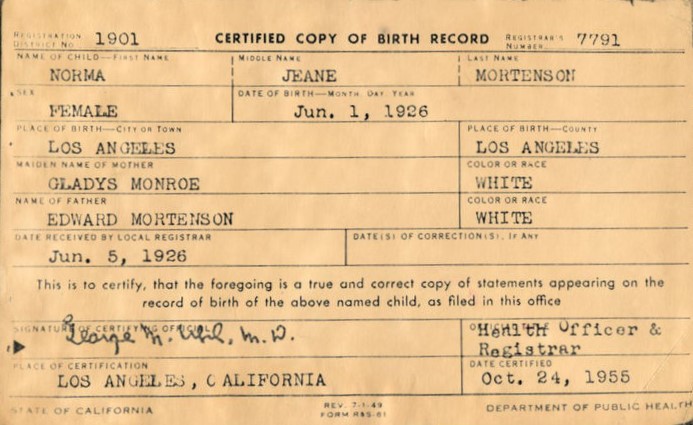
The advent of DNA testing has revolutionized the field of genealogy, providing tools and insights that can help you trace your lineage, break down ancestral brick walls, and uncover your ethnic origins. This comprehensive guide will delve into the role of DNA testing in genealogical research, helping you understand how to harness this powerful tool in your quest to uncover your family's history.
Understanding DNA Testing for Genealogy
DNA testing for genealogy involves analyzing your DNA to provide information about your ancestry. The three most common types of DNA tests used in genealogy: autosomal (aDNA), mitochondrial (mtDNA), and Y-chromosome (Y-DNA) tests.
1. Autosomal DNA Tests: These tests analyze the 22 pairs of non-sex chromosomes that you inherit equally from both parents. They can provide information about your ethnic mix and identify genetic cousins.
2. Mitochondrial DNA Tests: These tests analyze the DNA you inherit only from your mother. They can trace your direct maternal line back many generations, but they don't provide information about your overall ethnic mix.
3. Y-Chromosome DNA Tests: These tests analyze the Y chromosome, which is passed from father to son. They can trace your direct paternal line back many generations. However, only males can take this test, but females can access this information by testing a brother, father, or paternal uncle.
Interpreting DNA Test Results
Interpreting your DNA test results can be a complex process. Here are some key aspects to consider:
1. Ethnicity Estimates: These estimates provide a breakdown of your ancestry by geographic region. However, they are just estimates and may not be reflective of more modern generations.
2. DNA Matches: These are individuals who share DNA with you, indicating a common ancestor. Most testing companies provide tools to help you explore these matches and identify your relationship.
3. Shared Ancestor Hints: Some testing companies provide hints about potential shared ancestors based on your DNA matches and the family trees of your matches.
Using Genetic Genealogy Databases
Genetic genealogy databases can be a powerful tool in your research. By uploading your raw DNA data to these databases, you can find more matches, which can lead to more clues about your ancestry. Some popular databases include GEDmatch, FamilyTreeDNA, and MyHeritage DNA.
Choosing a DNA Testing Company
There are several companies offering DNA testing for genealogy, including AncestryDNA, 23andMe, MyHeritage DNA, and FamilyTreeDNA. Each company has its strengths and weaknesses, and the best choice depends on your specific goals for testing.
The Power of Genetic Genealogy Courses
While DNA testing can provide powerful insights, understanding how to interpret and apply these insights can be challenging. That's where a genetic genealogy course come in. These courses can provide the education and tools you need to make the most of your DNA testing experience.
Conclusion
The role of DNA testing in genealogical research is significant and growing. It provides a powerful tool that can complement traditional genealogical methods, helping you uncover your family's history and break down ancestral brick walls.
However, we understand that navigating the world of genetic genealogy can be complex and sometimes overwhelming. That's why our professional genealogy research services are here to help. Our team of experienced genealogists can assist you in understanding your DNA test results, exploring genetic matches, and integrating this information into your broader genealogical research.
Additionally, we're excited to offer our learning course titled "DNA Academy." This course is designed for both beginner and intermediate genetic genealogists and teaches tried-and-true methods for utilizing genetic genealogy to identify immediate biological family, as well as breaking down ancestral brick walls.
Keep in mind that the voyage of exploration holds as much significance as the final stop. Relish each step, and always feel free to ask for assistance. Best of luck with your research!




